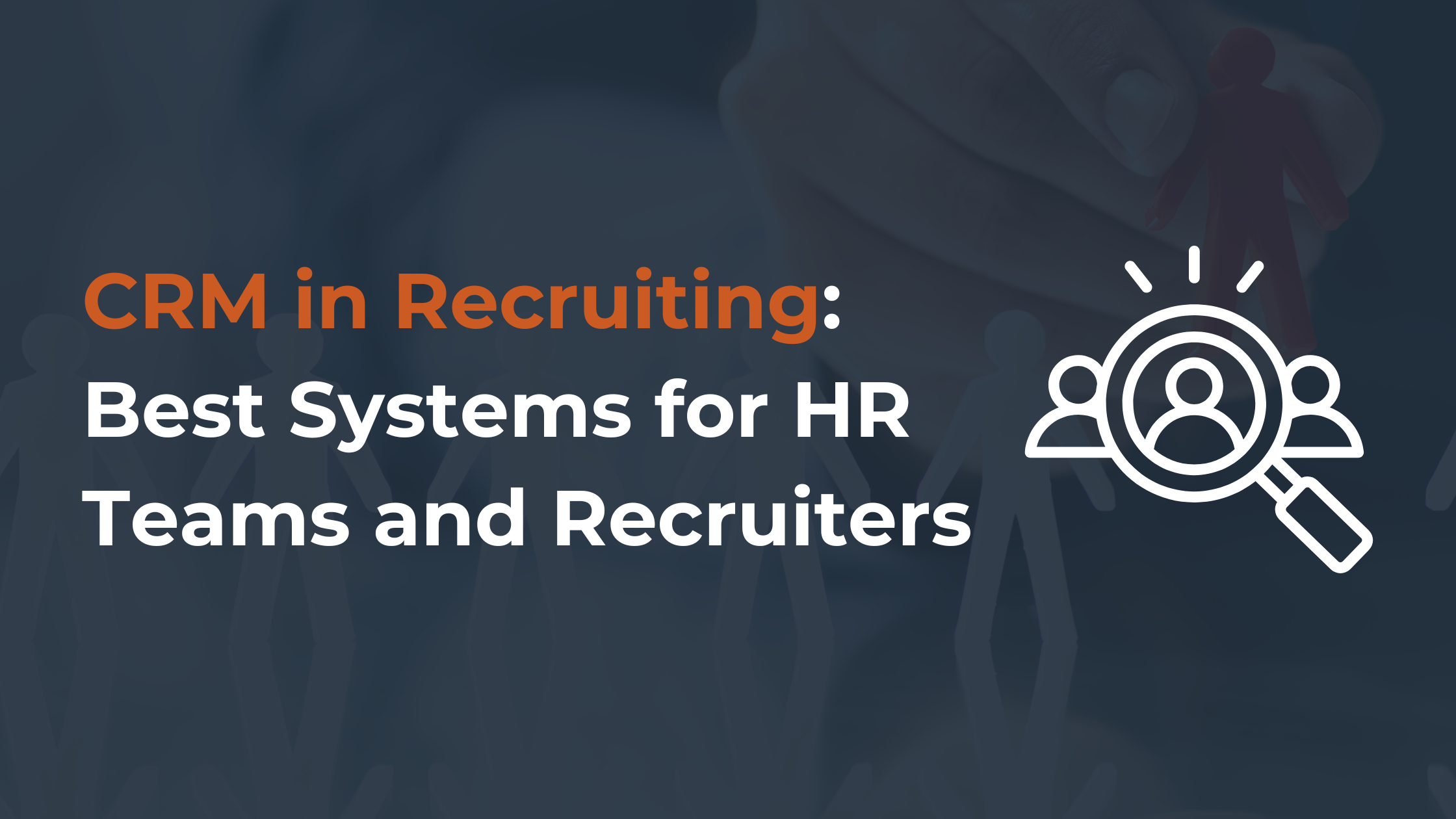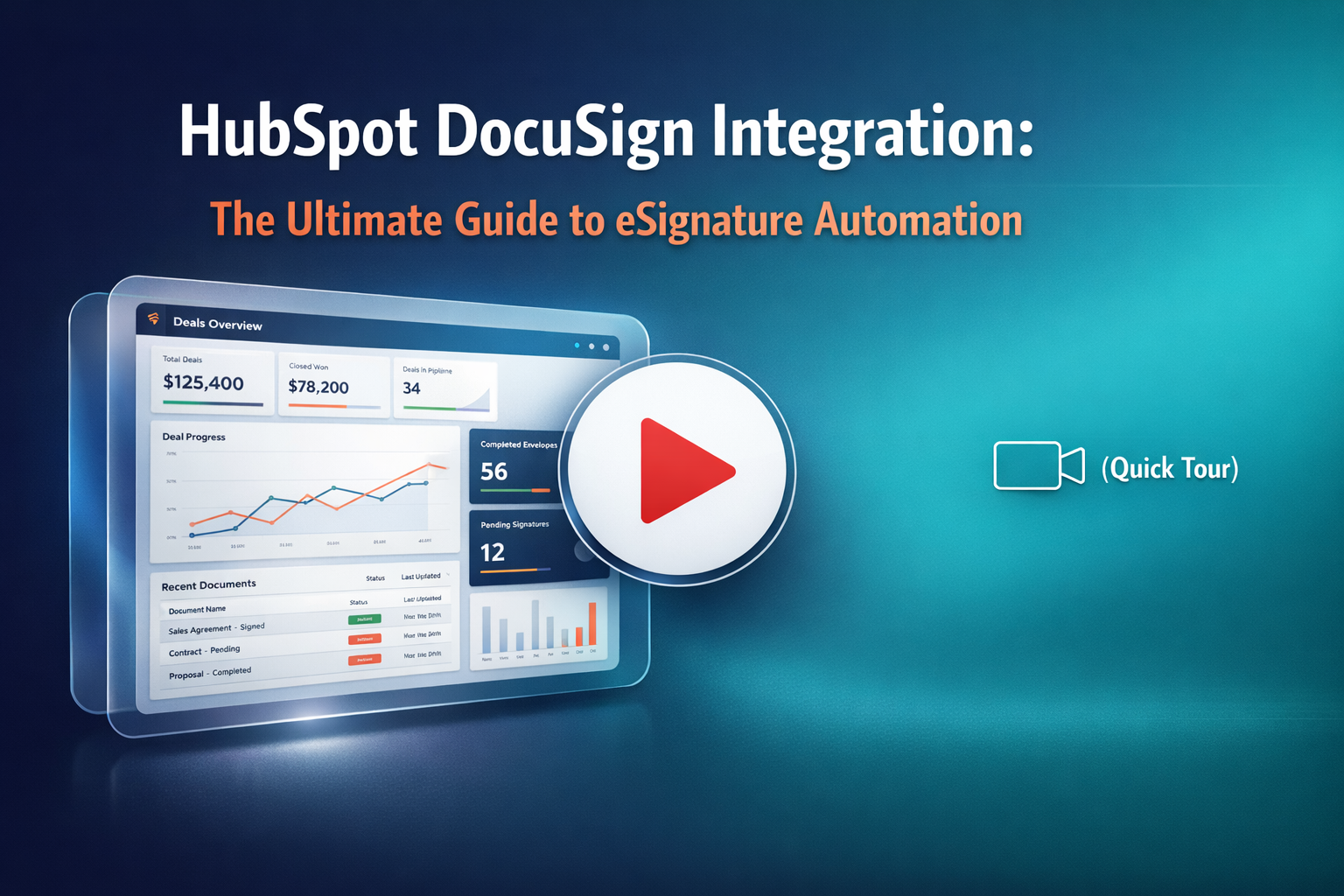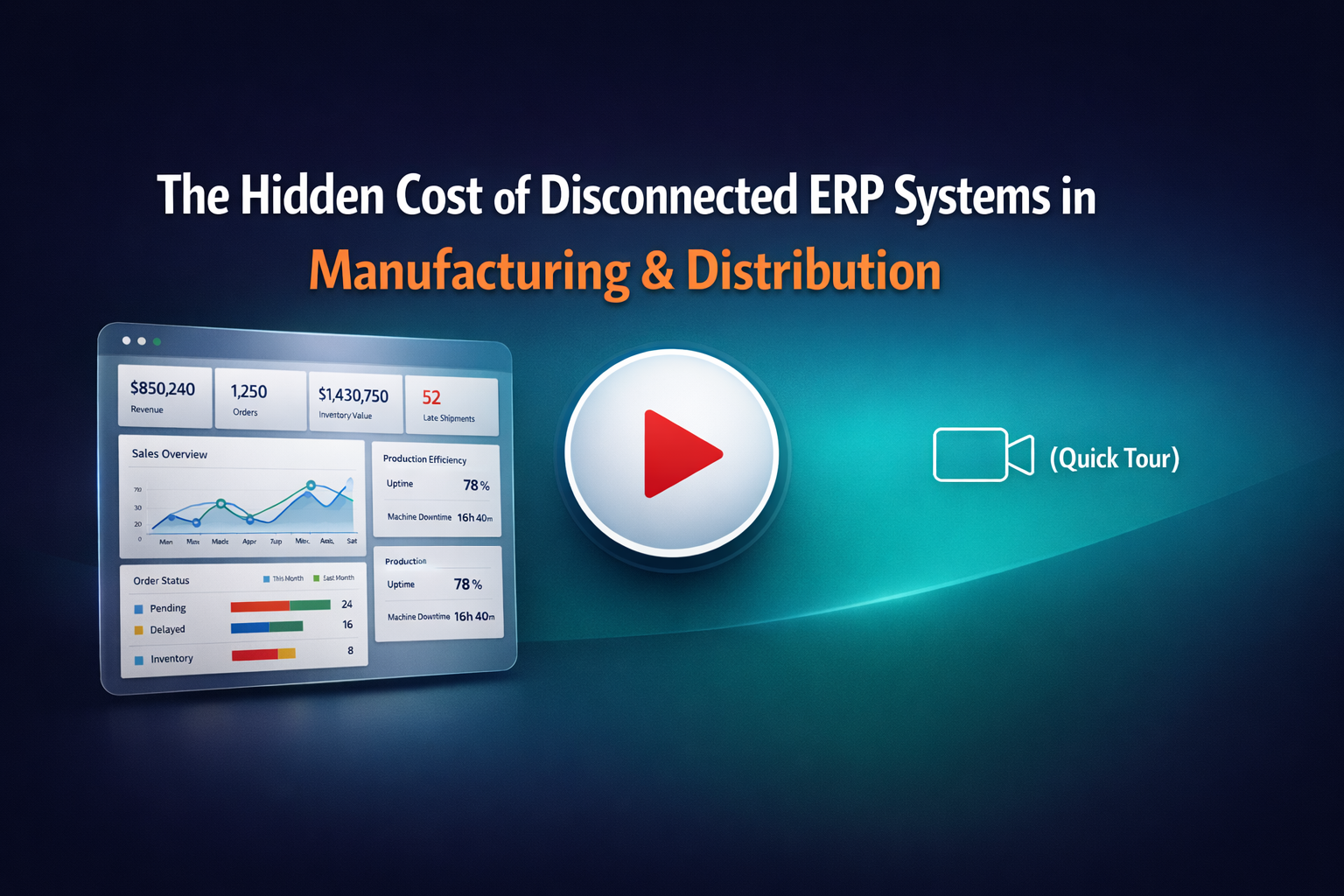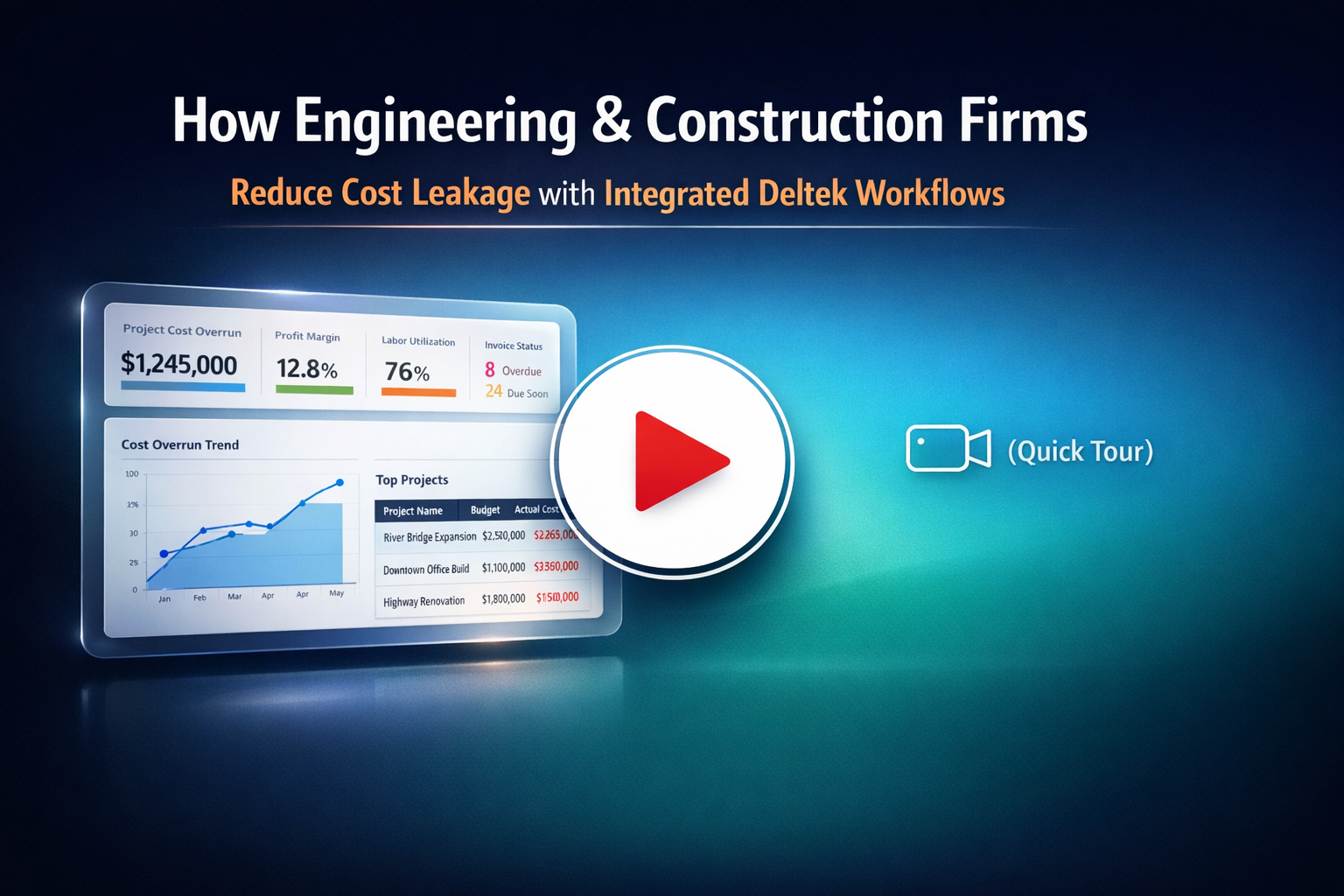Recruitment CRMs empower HR teams and recruiters to proactively build and nurture relationships with candidates (both active and passive) throughout the hiring journey. Unlike ATSs, which focus on managing applicants for current roles, CRMs help build long-term talent pipelines, personalize communication, and improve candidate experience.
The post outlines how CRM tools streamline hiring workflows through automation, segmentation, collaboration, and engagement tracking. It also compares top recruitment CRMs for 2025, including Greenhouse, Salesforce, HubSpot, Pipedrive, Zoho Recruit, Bullhorn, and Workable, detailing their features, pricing, and best use cases.
Keep reading to get guidance on choosing the right CRM based on your team type (agency vs in-house), hiring volume, and implementation best practices!
Table of Content
- What Is CRM in Recruiting and Why It Matters
- Top Benefits of Using CRM for HR and Recruitment Agencies
- Best CRM for Recruiting: Our 2025 Picks
- Features to Look For in a Recruitment CRM System
- Choosing the Best Recruitment CRM Software for Your Needs
- Tips for Implementing a New Recruitment CRM System
- Final Thoughts on CRM in Recruiting
- FAQ: Best CRM for Recruiters and HR Teams
What Is CRM in Recruiting and Why It Matters

Recruitment CRM systems help talent acquisition teams build and maintain relationships with candidates throughout the hiring journey.
Rather than relying solely on job boards or reacting to applications, CRM in recruiting enables proactive hiring. It provides a centralized system to organize candidate data, track engagement, and build talent pipelines for future roles. This becomes especially valuable in competitive job markets, where timing, personalization, and candidate experience make a big difference.
A recruit CRM helps employers stay connected with both active and passive candidates, ensuring stronger employer branding, better communication, and improved hiring readiness. Companies that use Recruitment CRM systems can nurture long-term relationships, re-engage silver medalists (strong candidates who didn’t get a job the first time), and ultimately reduce time-to-fill while improving hire quality.
How CRM Tools for Recruiting Improve Hiring Workflows
CRM tools streamline and optimize hiring workflows in several critical ways:
- Automated Communication: With built-in email campaigns, follow-ups, and reminders, recruiters can maintain consistent, personalized communication at scale, keeping candidates warm and engaged.
- Talent Pool Segmentation: Recruitment CRM systems let you segment candidates by skills, roles, location, engagement level, and more. This enables targeted outreach to be faster and more effective when a role becomes available.
- Collaborative Hiring: Modern CRM tools support shared notes, interview feedback, and candidate status updates, so recruiters, hiring managers, and HR teams are always aligned.
- Pipeline Building: CRMs help build long-term candidate pipelines. Instead of starting from scratch each time, you already have a list of qualified, interested candidates ready for outreach.
- Improved Candidate Experience: Timely updates, relevant job recommendations, and personalized messages foster a professional, respectful experience, making top talent more likely to accept an offer.
CRM vs ATS: Key Differences for Recruiters and HR
Both CRM and ATS play essential but distinct parts in talent acquisition. Here's a closer look at how they compare in purpose, functionality, and value:
Primary Function
An ATS is specifically designed for managing applicants who are actively seeking open roles. It focuses on organizing job postings, receiving applications, parsing resumes, and tracking candidates as they move through various hiring stages.
In contrast, a recruit CRM is designed to foster relationships with potential candidates, often before they even apply. It helps recruiters connect with passive talent, build long-term engagement, and maintain a pipeline of qualified individuals for future opportunities.
Practical Applications
The ATS enables recruiters to post jobs on external sites and their company’s careers page, collect and evaluate applications, and track a candidate's status throughout the hiring process. Users can log notes, schedule interviews, and manage offers.
While the formal requisition process begins and ends in the ATS, the CRM handles much of the candidate relationship management in between. A CRM supports proactive recruiting – automating sourcing, storing historical interactions, organizing passive talent pools, and nurturing candidates with personalized communication. It can also help uncover past applicants who may be a fit for new roles, enrich profiles with updated data, and support consistent engagement campaigns.
Together, these tools create a more powerful hiring strategy: The ATS ensures hiring workflows are smooth and compliant, while the CRM strengthens talent engagement over time.
Top Benefits of Using CRM for HR and Recruitment Agencies

Recruitment today is about building meaningful, lasting relationships with candidates and optimizing every step of the hiring journey. For HR teams and recruitment agencies, the best recruitment CRM software can be a game-changer, offering strategic advantages that go far beyond resume storage.
Here’s how CRMs are transforming hiring outcomes across the recruitment industry:
Enhanced Candidate Relationship Management
Traditional systems often treat candidates as one-time applicants, but a CRM helps you treat talent like long-term connections. By storing detailed candidate profiles, communication history, preferences, and engagement data, CRMs empower recruiters to build trust and maintain personalized relationships over time.
Whether a candidate is actively job hunting or just passively exploring opportunities, the best recruitment CRM software ensures that every interaction is timely, relevant, and meaningful. This ultimately leads to better candidate experience, stronger employer branding, and higher conversion rates when it’s time to hire.
Better Talent Pipeline Visibility with Talent CRM
A CRM gives recruiters real-time insight into the health and status of their entire talent pool. Instead of relying on scattered spreadsheets or outdated records, agencies can organize candidates by role, skill set, location, availability, or past engagement.
With visual dashboards and intelligent filters, recruiters can instantly identify which candidates are warm, which ones need follow-up, and where gaps exist in their pipeline. This proactive approach ensures you’re always one step ahead with a ready-to-go talent pool.
Streamlining Communication and Follow-Ups
Following up manually with dozens (or hundreds) of candidates is inefficient and often leads to missed opportunities. A CRM for recruitment agencies automates communication workflows, enabling personalized email campaigns, timely reminders, and automated check-ins at scale.
This reduces recruiters' workload and helps maintain consistent engagement. Whether you're re-engaging past applicants or nurturing passive talent, a CRM makes it easy to stay in touch at the right time, with the right message.
Best CRM for Recruiting: Our 2025 Picks
1. Greenhouse – Ideal for Team-Driven Hiring Processes

Greenhouse is a top-tier recruit CRM with strong CRM capabilities designed to streamline every part of the recruiting process, from sourcing to onboarding, with a focus on structured hiring and team collaboration.
Main Functions:
- Centralized candidate tracking and communication
- Interview kits, scorecards, and hiring team collaboration tools
- Candidate sourcing and nurturing pipelines
- Integrations with job boards, calendars, DocuSign, Calendly, and more
- Reporting and DEI tracking capabilities
Pros:
- Exceptional tools for team-based hiring decisions
- Custom workflows and structured interviews
- Excellent third-party integration ecosystem
Cons:
- Learning curve for new users
- Price may be high for smaller teams
Pricing:
- Greenhouse offers custom pricing upon request.
Best For:
Mid-sized to large companies focused on structured, collaborative hiring and scaling recruitment processes efficiently.
2. Salesforce CRM – Best for Customized Enterprise Hiring Pipelines

Salesforce CRM leverages automation and AI to simplify and accelerate the recruitment workflow, allowing agencies to concentrate on finding and placing the best candidates. Its real-time data insights help deliver tailored experiences for both clients and job seekers, leading to better-fit placements and stronger engagement throughout the hiring process.
Main Functions:
- Customizable pipelines for candidate management
- Lead tracking (adapted to candidate sourcing)
- Workflow automation, analytics, and dashboards
- Integration with marketing and service tools for employer branding
Pros:
- Extremely customizable for complex hiring needs
- Robust analytics and automation
- Scalable for global recruitment operations
Cons:
- Requires configuration to work as a recruiting tool
- Can be resource-intensive to implement and manage
Pricing:
- Starter Suite: $25/month, per user, billed annually
- Pro Suite: $100/month, per user, billed annually
- Enterprise: $165/month, per user, billed annually
Best For:
Enterprises with technical resources that want a custom-built CRM for recruitment agencies with full control over workflows and integrations.
3. HubSpot CRM – Best for Inbound Recruiting and Candidate Nurturing

Originally built for sales, marketing, and service, HubSpot CRM is now widely used by recruiting teams to manage candidate pipelines, automate outreach, and track engagement. It`s ideal for inbound recruiting strategies.
Main Functions:
- Candidate pipeline and task tracking
- Email templates, sequences, and follow-up automation
- Candidate engagement tracking and activity logging
- Integration with job boards, LinkedIn, Gmail/Outlook, etc.
- Reporting and dashboard customization
Pros:
- Clean, user-friendly interface
- Great free plan with strong core features
- Excellent email and automation tools
Cons:
- Not purpose-built for recruiting, lacks ATS functions
- Customization can be limited in the free version
Pricing:
- Free Tools
- Sales Hub Starter: costs €15/mo/seat
- Sales Hub Professional: costs €90/mo/seat
- Sales Hub Enterprise: costs €150/mo/seat
Best For:
Small to mid-sized recruiting teams focused on candidate nurturing, talent marketing, and outreach automation.
4. Pipedrive CRM – Best for Visual Candidate Pipeline Tracking

Pipedrive is a visual, easy-to-use CRM originally made for sales, but often adapted for recruitment thanks to its kanban-style interface, deal-style candidate tracking, and affordable automation features.
Main Functions:
- Drag-and-drop candidate pipeline management
- Email automation, reminders, and follow-ups
- Candidate notes, labels, and tagging
- Workflow automation and integrations (Slack, Gmail, Zapier, etc.)
- Activity tracking and custom reports
Pros:
- Intuitive and lightweight
- Customizable stages and easy tracking
- Affordable and scalable for smaller teams
Cons:
- Lacks built-in ATS features
- Limited functionality for large-scale hiring
Pricing:
- Essential: €14/month, per user, billed annually
- Advanced: €24/month, per user, billed annually
- Professional: €49/month, per user, billed annually
- Power: €59/month, per user, billed annually
- Enterprise: €79/month, per user, billed annually
Best For:
Freelance recruiters, small HR teams, or boutique agencies looking for a straightforward, visual CRM for pipeline management.
5. Zoho Recruit – Best for Customizable and Affordable Recruiting Workflows

Zoho Recruit is an all-in-one ATS and the best CRM for recruitment agencies that helps recruiters manage everything from sourcing and screening to interviews and onboarding. Part of the larger Zoho ecosystem, it offers seamless integrations with tools like Zoho CRM, Zoho People, and external job boards.
Main Functions:
- Multi-channel candidate sourcing and job advertising
- Branded careers site and social media recruiting
- Employee referral management
- Visual hiring pipelines and resume database
- Submission tracking and background checks
- Built-in assessments and video interviews
- Recruitment automation and AI candidate matching
- Offer letter generation and onboarding tools
Pros:
- Highly customizable for in-house teams and staffing firms
- Competitive pricing and strong free tier
- Integrates well with the Zoho suite and third-party tools
Cons:
- UI is functional but less modern than some competitors
- Faster support is an add-on function
Pricing:
- Forever free
- Standard: €25 /user/month billed annually
- Professional: €50 /user/month billed annually
- Enterprise: €75 /user/month billed annually
Best For:
Small to mid-sized recruitment agencies and in-house HR teams that need the best CRM for recruitment agencies for flexibility and affordability in one platform.
6. Bullhorn – Best for High-Volume Staffing and Recruitment Agencies

Bullhorn is a powerful CRM for HR and ATS built specifically for staffing firms. It’s known for its ability to handle high-volume recruitment workflows, contractor management, and sales/client engagement.
Main Functions:
- Resume parsing and submission management
- Automated workflows and task reminders
- Candidate sourcing and placement tracking
- Built-in communication tools (email, SMS, VoIP)
- Reporting dashboards and KPI tracking
- Vendor and client relationship management
Pros:
- Designed for fast-paced staffing environments
- Deep ATS + talent CRM functionality
- Robust integration marketplace
Cons:
- Can be expensive, especially with add-ons
- UI can feel dense or overwhelming at first
Pricing:
Starts at approximately $99/user/month; pricing is available upon request and increases with add-ons and advanced modules.
Best For:
Mid-to-large staffing and recruiting firms that need a comprehensive CRM solution for high-volume hiring and client management.
7. Workable – Best for Fast Hiring for Growing Companies

Workable is a user-friendly and one of the best CRM for recruiters that blends ATS capabilities with collaborative hiring tools. It’s ideal for fast-growing recruitment businesses that need a simple yet effective way to post jobs, track applicants, and manage hiring decisions.
Main Functions:
- One-click job posting to 200+ job boards
- AI-powered sourcing and resume suggestions
- Interview scheduling and team scorecards
- Email and messaging tools built-in
- Offer letter generation and e-signature support
- Reporting and compliance tracking
Pros:
- Easy to set up and use
- Excellent candidate sourcing features
- Scales well as hiring volume increases
Cons:
- Limited customization compared to enterprise tools
- Reporting features are less advanced than some ATSs
Pricing:
- Standard: $299 /month, billed annually
- Premier: $599 /month, billed annually
Best For:
Startups and SMBs looking for a modern, intuitive platform to streamline hiring quickly without a complex setup.
|
CRM |
Best For |
Pricing |
Capterra Rating |
|
Greenhouse |
Ideal for Team-Driven Hiring Processes |
Custom pricing |
⭐ 4.5/5 |
|
Salesforce CRM |
Best for Customized Enterprise Hiring Pipelines |
$25–$165/user/month (billed annually) |
⭐ 4.4/5 |
|
HubSpot CRM |
Best for Inbound Recruiting and Candidate Nurturing |
Free – €150/user/month (Sales Hub) |
⭐ 4.5/5 |
|
Pipedrive CRM |
Best for Visual Candidate Pipeline Tracking |
€14–€79/user/month (billed annually) |
⭐ 4.5/5 |
|
Zoho Recruit |
Best for Customizable and Affordable Recruiting Workflows |
Free – €75/user/month (billed annually) |
⭐ 4.5/5 |
|
Bullhorn |
Best for High-Volume Staffing and Recruitment Agencies |
Starts ~$99/user/month (custom pricing) |
⭐ 4.1/5 |
|
Workable |
Best for Fast Hiring for Growing Companies |
$299–$599/month (billed annually) |
⭐ 4.4/5 |
Features to Look For in a Recruitment CRM System

Built-in Applicant Tracking Functionality
The best CRM for recruiting should double as an effective applicant tracking system (ATS). This ensures your team can manage the full lifecycle of a candidate, from the moment they apply to final placement.
Look for features like resume parsing, job posting, application management, and candidate progress tracking. These tools help consolidate multiple hiring stages into a unified workflow, making your recruitment strategy smoother and more efficient.
Lead and Client Relationship Management
A recruitment CRM isn’t just about candidates; it’s equally important for managing your client and prospect relationships. Business development and recruitment teams rely on these tools to track interactions, follow up with leads, and stay aligned with client needs throughout the sales process.
To ensure it’s the right fit, involve a team member from your sales or BD department to test how well the CRM supports your agency’s unique client journey.
Streamlined Sales Pipeline Tracking
Without a CRM, managing long and complex recruiting pipelines often results in time-consuming manual tasks and missed opportunities. The best CRM for HR with a customizable sales pipeline provides clear visibility into the status of leads and deals, empowering you to forecast revenue, monitor client and candidate flow, and reduce friction across the recruitment process.
Smart Candidate Search Functionality
Your CRM should make it easy to navigate your candidate database. A well-structured recruitment CRM allows you to filter, locate, and review candidate profiles quickly.
Look for features like Boolean search, geolocation/radius filters, and the ability to track past conversations and application history. The more powerful the search engine, the faster your team can match top talent to the right roles.
Workflow Automation That Saves Time
To scale your recruitment efforts, automation is non-negotiable. A modern recruitment CRM should support automated resume screening, interview scheduling, and follow-up messaging.
Advanced CRMs even offer AI chatbots to handle candidate queries and keep them engaged. With automation, your recruiters can focus on strategic conversations instead of admin, while also delivering a more consistent and professional candidate experience.
Choosing the Best Recruitment CRM Software for Your Needs
Below are two key distinctions to consider when evaluating CRM tools for recruiting:
CRM for Recruitment Agencies vs In-House HR
Recruitment agencies and internal HR teams have different workflows, goals, and stakeholder needs, and your CRM should reflect that.
Recruitment Agencies often juggle multiple clients, job requisitions, and candidate placements at once. They need a CRM that supports sales pipeline management, client communications, and high-volume candidate tracking. Features like vendor/client CRM, automated follow-ups, and billing or contract tracking are especially valuable.
In-house HR Teams, on the other hand, focus on building long-term talent pipelines, nurturing employer branding, and maintaining a consistent candidate experience. A recruitment CRM for internal teams should prioritize collaboration, interview scheduling, internal workflows, and onboarding tools.
Talent CRM for High-Volume and Niche Hiring
The scale and specialization of your hiring strategy will also influence your ideal CRM setup.
High-volume hiring requires a CRM that can handle hundreds (or thousands) of applications quickly. You’ll want features like automated resume parsing, bulk communication, AI-powered candidate ranking, and smart filtering. These CRMs help recruiters save time without sacrificing candidate quality.
Niche hiring, in contrast, demands precision over speed. These teams are sourcing highly specific skill sets and engaging passive talent over longer periods. A CRM built for niche recruiting should support deep candidate profiling, long-term relationship management, custom tagging, and personalized outreach. The ability to rediscover past candidates or build micro talent pools is crucial.
If you're doing both, look for CRMs that allow you to build segmented workflows or multiple pipelines tailored to each hiring type.
Tips for Implementing a New Recruitment CRM System

1. Explore and Shortlist Trusted Recruitment CRM Providers
Start your CRM journey by identifying trusted software providers that specialize in recruitment. Use reliable platforms such as LinkedIn, G2, Capterra, SoftwareSuggest, or GetApp to explore options and gather initial insights.
Dig into each vendor’s website, check case studies, and pay close attention to testimonials from clients in similar industries. Favor CRM tools for recruiting with proven experience in recruitment workflows and a solid track record serving businesses of your size and structure.
2. Evaluate Features, Pricing, and Real User Feedback
Once you've narrowed down your list, it's time to dive deeper. Compare the CRM features to ensure they align with your hiring goals, including applicant tracking, pipeline visibility, automation, and integrations.
Pricing is just as critical. Review each vendor’s pricing tiers and consider whether their packages fit within your budget, especially if you need advanced configuration or scalable options. Some vendors may offer CPQ (Configure, Price, Quote) tools to tailor a plan that works for your team.
Don’t underestimate the power of customer feedback. Read reviews on sites like G2, Trustpilot, and GetApp to learn how real users rate the product’s usability, customer support, and ROI. These insights can reveal hidden strengths or red flags that aren't obvious from the vendor's website.
Final Thoughts on CRM in Recruiting
A well-chosen recruitment CRM helps you attract top talent, streamline hiring workflows, and build lasting candidate relationships. Whether you’re part of an in-house HR team or a fast-paced agency, the right CRM can dramatically improve both efficiency and candidate experience.
At SyncMatters, we specialize in seamless CRM migrations and integrations, helping recruitment teams move their data with zero disruption. If you’re ready to upgrade or switch systems, we’re here to make it simple, secure, and successful.
FAQ: Best CRM for Recruiters and HR Teams
What’s the difference between ATS and recruitment CRM systems?
An applicant tracking system manages active applicants and hiring workflows, while the best CRM for HR focuses on building and nurturing relationships with potential candidates, even before they apply.
Can CRM for recruitment agencies scale with growth?
Yes. Most modern recruitment CRMs offer flexible plans, automation, and integrations that scale as your agency adds more clients, candidates, and team members.
What’s the best CRM for HR teams in 2025?
Top choices for 2025 include Greenhouse for structured hiring, Zoho Recruit for affordability and flexibility, and Workable for ease of use and collaboration.
Is talent CRM suitable for freelance recruiters?
Absolutely. Lightweight CRMs like Pipedrive or HubSpot are ideal for solo recruiters who need simple pipeline tracking, outreach tools, and candidate management.




